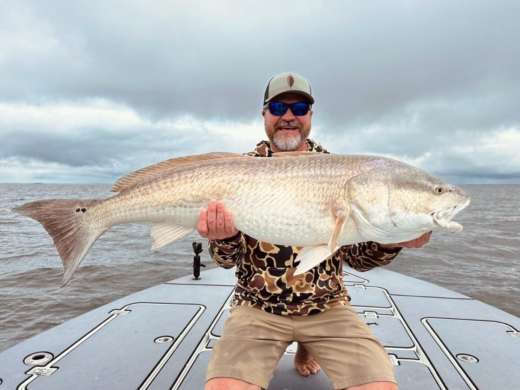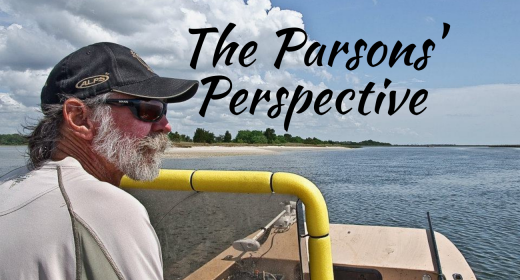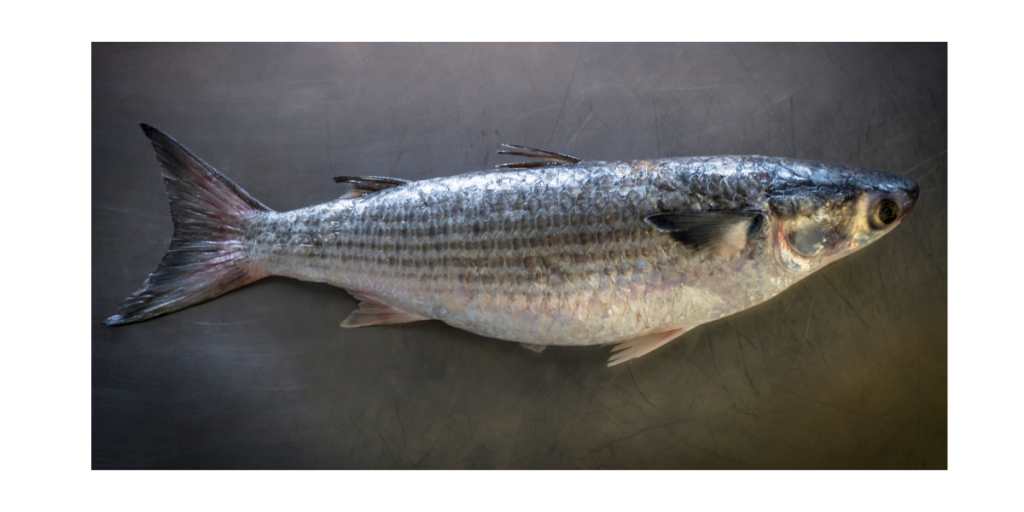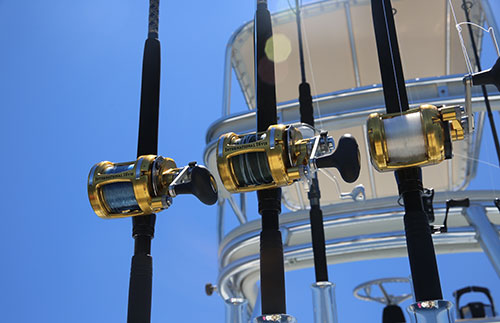North Carolina’s Striped Mullet Fishermen Hit With New Restrictions
North Carolina Marine Fisheries Commission voted February 22, 2024, to make closures to the state’s Striped Mullet fishing for both commercial and recreational fishermen. The new restriction will close on Saturday and Sunday from Jan. 1 to Sept. 30 and on Saturday, Sunday, and Monday from Oct. 1 to Dec. 31.
The state’s fishery commission also voted to decrease the recreational daily bag limit on mullet being caught from 200 fish to 100 fish, place a 400-fish maximum limit on vessels, and adopt a framework which allows for additional season closures, day-of-the-week closures, trip limits, and gill net yardage and mesh size restrictions if current measures are not meeting the target.
The 35.4% number is estimated to remove the Striped Mullet from the overfished status in 10 years. However, in the meeting North Carolina Marine Fisheries Commission members voiced concerns that the “day-of-the-week” closures would fall below the 35.4% harvest reduction the agency has targeted.
At the February 22nd meeting commercial fishermen as well as recreational anglers and tackle shop owners spoke out regarding their concerns. One tackle shop owner located on the North Carolina Outer Banks commented that they paid local Hatteras Island commercial fishermen $40,000 for fresh mullet and sold $80,000 of mullet to recreational fishermen. 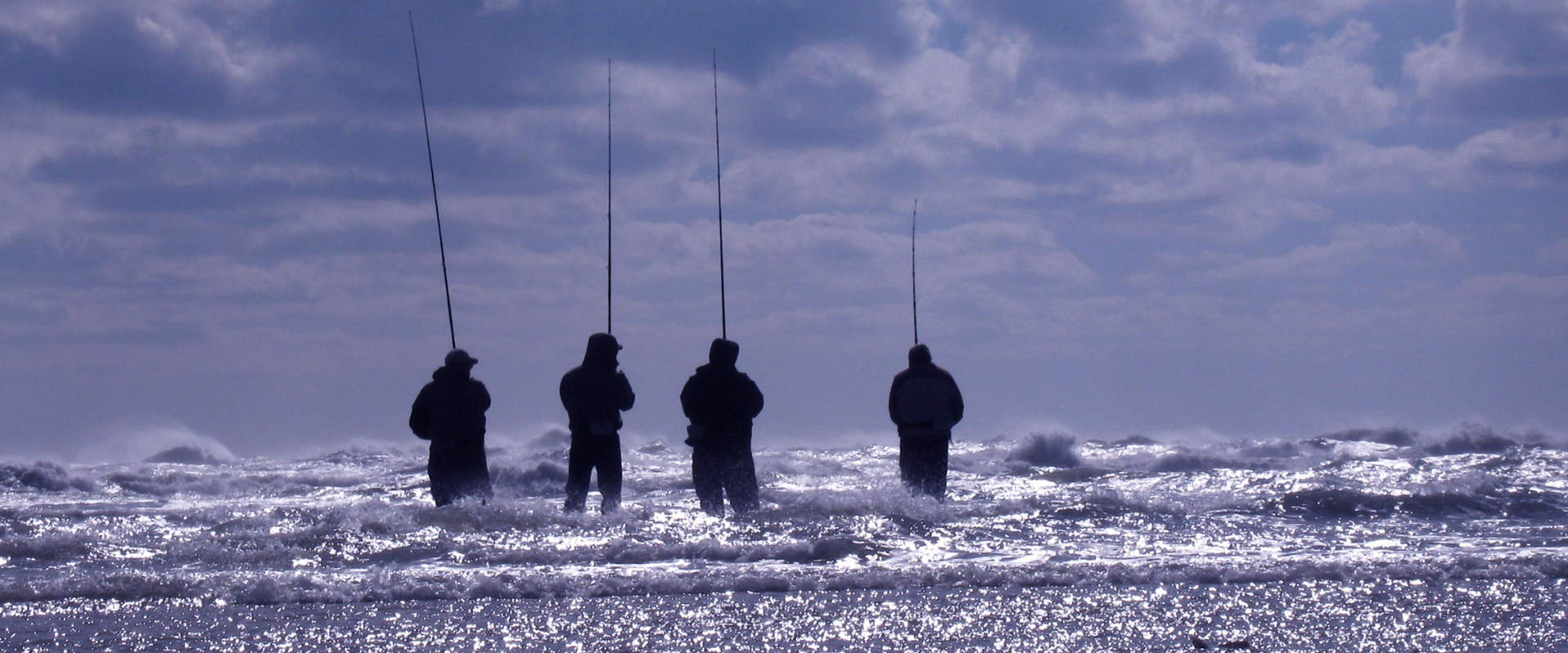
This restriction combined with previous restrictions that have been posed have a significant negative impact to both the recreational and commercial fishing industry as well as tourism, coastal retail sales and numerous other business segments. Growing restrictions in addition to the underestimated results can potentially create a significant negative chain reaction to the state’s tourism and other related industries.
The steps to the culprit of the problem are complicated. There are many different opinions depending on which segment of North Carolina’s saltwater fishing industry you reside in. Those segments include both the commercial and fishing groups combined with tourism, retail such as tackle manufactures, and other retail stores. Last, certainly not the least is the NC Legislature which holds the ultimate control.
A lot of personal interest, a lot of money, lots of finger pointing and most of all a lot of opinions to consider. The question still remains……who’s ultimately driving this train?
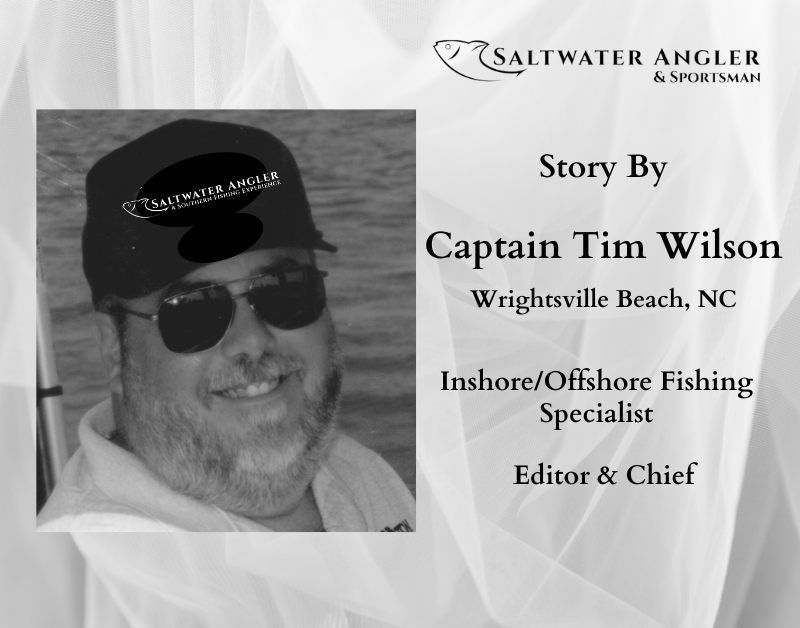
You may be interested
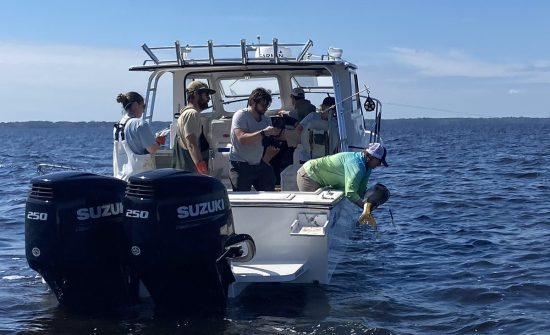
Satellite Tracking Study Aims To Unlock More Red Drum Secrets
Tim Wilson - April 8, 2025A pilot study tracking a popular saltwater fish was not expected to yield as much information as it did in its first year. When the North Carolina…
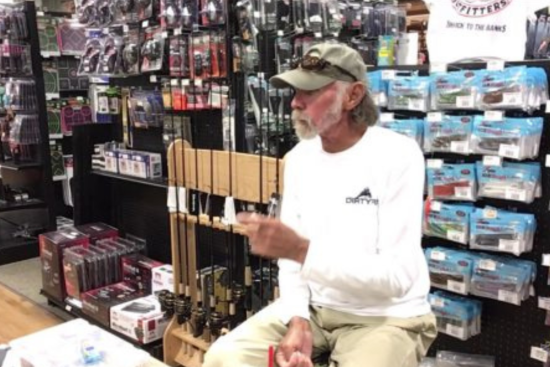
9 Things Fishing Guides Won’t Tell You
Tim Wilson - April 8, 2025We’re all amazed at how fishing guides nearly always know what to do and where to go to put fish in the boat. Most guides are fishing…
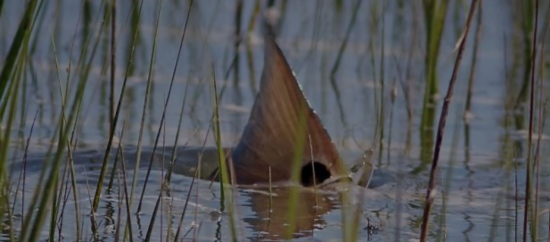
How the Moon Phase Impacts Inshore Fishing
Tim Wilson - April 3, 2025The late spring and early summer months are a time of the year when the inshore goes thru a transition period. It's when the fish come out…
Most from this category
